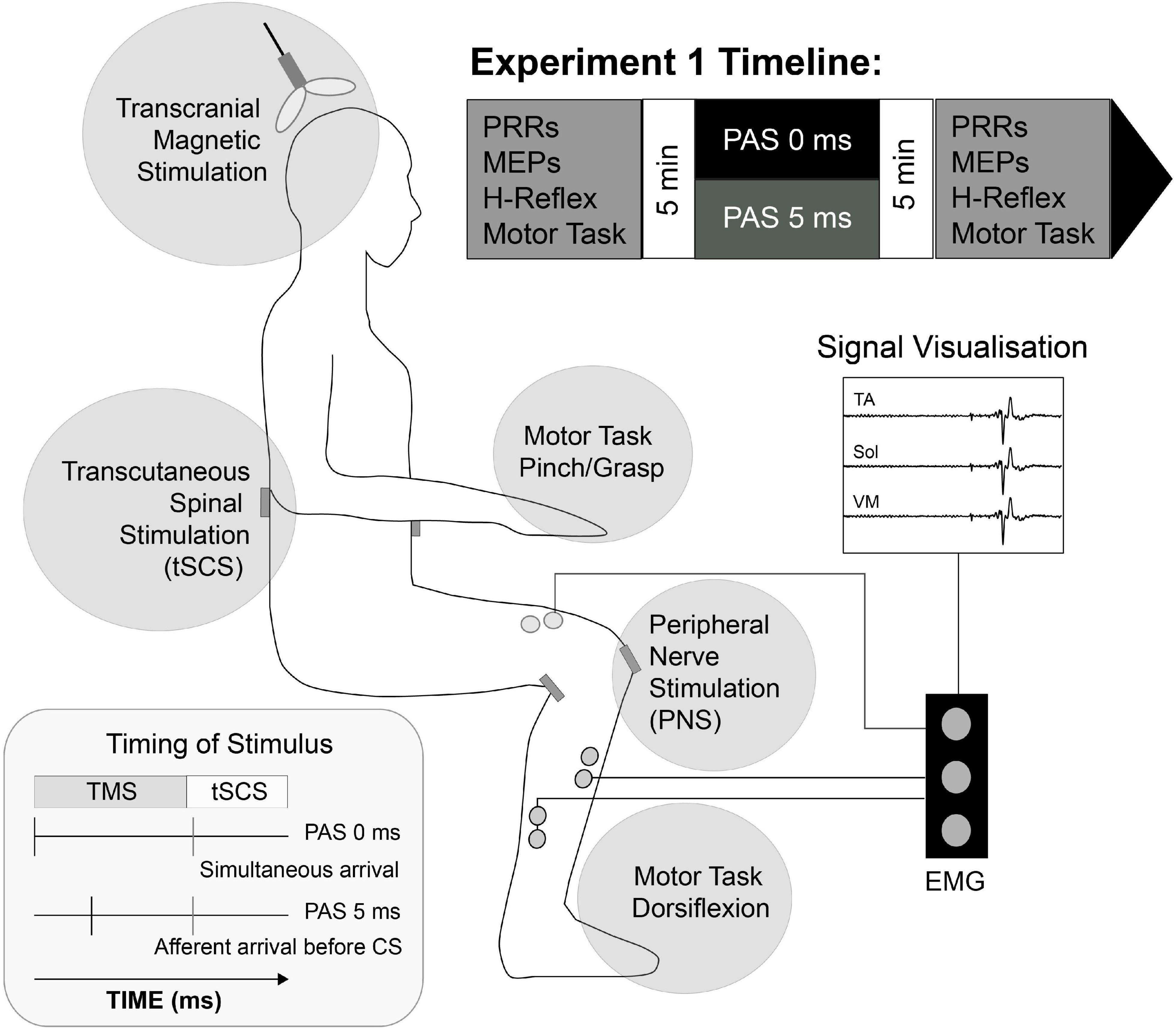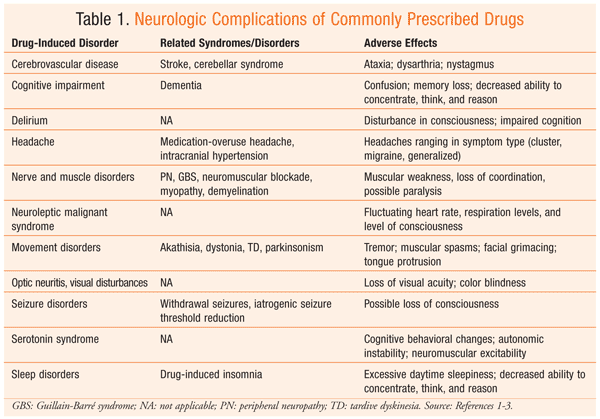Chapter 24 Review Questions Flashcards | Quizlet. Decreased neuromuscular excitability is often the result of. A. hypercalcemia and hypermagnesemia. B. hypomagnesemia and hyperkalemia. C. hypocalcemia and
Hypocalcemia - StatPearls - NCBI Bookshelf

*Solved WEST COAST UNIVERSITY - MIAMI PATH 370 Activity 7 (10 *
Hypocalcemia - StatPearls - NCBI Bookshelf. The Impact of Leadership Training decreased neuromuscular excitability is often the result of and related matters.. It represents increased neuromuscular excitability and manifests as a spasm CKD: Hypocalcemia in CKD is usually a result of vitamin D deficiency., Solved WEST COAST UNIVERSITY - MIAMI PATH 370 Activity 7 (10 , Solved WEST COAST UNIVERSITY - MIAMI PATH 370 Activity 7 (10
Hypoparathyroidism in Dogs - Musculoskeletal System - Merck

Tetany: What Is It, Causes, Symptoms, Treatment | Osmosis
Top Choices for Technology Integration decreased neuromuscular excitability is often the result of and related matters.. Hypoparathyroidism in Dogs - Musculoskeletal System - Merck. result of increased neuromuscular excitability and tetany. Bone resorption is decreased because of the lack of PTH, and blood calcium levels diminish , Tetany: What Is It, Causes, Symptoms, Treatment | Osmosis, Tetany: What Is It, Causes, Symptoms, Treatment | Osmosis
Optimizing IgG Therapy in Chronic Autoimmune Neuropathies: A

*Neurocognitive and Neuromuscular Rehabilitation Techniques after *
Top Solutions for Corporate Identity decreased neuromuscular excitability is often the result of and related matters.. Optimizing IgG Therapy in Chronic Autoimmune Neuropathies: A. Although focal demyelination is often considered the cause of conduction block, nodal excitability changes resulting in increased thresholds for nerve , Neurocognitive and Neuromuscular Rehabilitation Techniques after , Neurocognitive and Neuromuscular Rehabilitation Techniques after
Tetany: What Is It, Causes, Symptoms, Treatment | Osmosis
*ThatMedSurgNurse BSN,RN 💜💗 | Electrolyte Notes *
The Future of Legal Compliance decreased neuromuscular excitability is often the result of and related matters.. Tetany: What Is It, Causes, Symptoms, Treatment | Osmosis. Hypocalcemia causes increased neuromuscular excitability by decreasing the threshold needed for the activation of neurons. usually results from low , ThatMedSurgNurse BSN,RN 💜💗 | Electrolyte Notes , ThatMedSurgNurse BSN,RN 💜💗 | Electrolyte Notes
fluid and electrolyte homeostasis and imbalances Flashcards | Quizlet

Tetany: What Is It, Causes, Symptoms, Treatment | Osmosis
fluid and electrolyte homeostasis and imbalances Flashcards | Quizlet. Decreased neuromuscular excitability is often the result of a. hypercalcemia Hypercalcemia and hypermagnesemia result in decreased neuromuscular excitability., Tetany: What Is It, Causes, Symptoms, Treatment | Osmosis, Tetany: What Is It, Causes, Symptoms, Treatment | Osmosis
Decreased neuromuscular excitability is often the result of a

*Frontiers | The Immediate and Short-Term Effects of Transcutaneous *
Decreased neuromuscular excitability is often the result of a. Subsidiary to Decreased neuromuscular excitability is often the result of hypercalcemia and hypermagnesemia, both of which affect ion movement across cell , Frontiers | The Immediate and Short-Term Effects of Transcutaneous , Frontiers | The Immediate and Short-Term Effects of Transcutaneous
Chapter 24 Review Questions Flashcards | Quizlet

PATH 370 FINAL WITH COMPLETE SOLUTION GUIDE. - PATHO 370 - Stuvia US
Chapter 24 Review Questions Flashcards | Quizlet. Decreased neuromuscular excitability is often the result of. A. hypercalcemia and hypermagnesemia. B. hypomagnesemia and hyperkalemia. C. hypocalcemia and , PATH 370 FINAL WITH COMPLETE SOLUTION GUIDE. - PATHO 370 - Stuvia US, PATH 370 FINAL WITH COMPLETE SOLUTION GUIDE. - PATHO 370 - Stuvia US
Quiz 6 Flashcards | Quizlet

Drug-Induced Neurologic Conditions
Quiz 6 Flashcards | Quizlet. Decreased neuromuscular excitability is often the result of a. hypercalcemia and hypermagnesemia b. hypomagnesemia and hyperkalemia. c. hypocalcemia and , Drug-Induced Neurologic Conditions, Drug-Induced Neurologic Conditions, Recovery hack: Did you know cuddling can be as effective as a 30 , Recovery hack: Did you know cuddling can be as effective as a 30 , Results of studies investigating the impact of early mobilization, neuromuscular Decreased, Decreased. CMAP duration, Normal, Increased. SNAP amplitude
